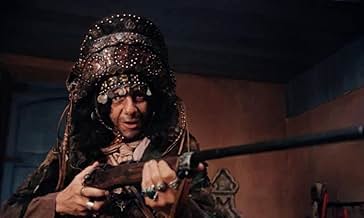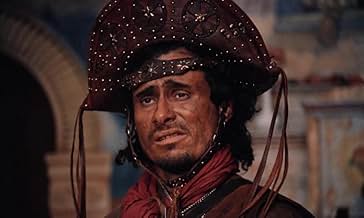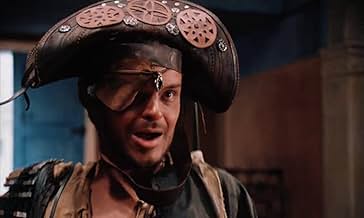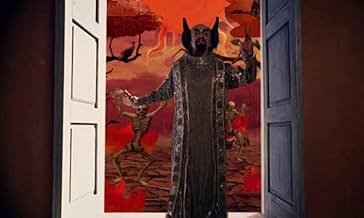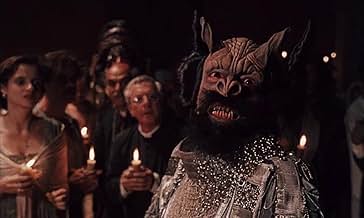"O Auto da Compadecida," commonly translated as "A Dog's Will" (a translation which, to my ears, waters down the significance, the gravitas, and the poetry of the title in the original) is a sure-classic and a phenomenon of the Brazilian cinema and popular culture of the recent past and of modernity in the rural communities of its countryside. The film has marked the heart and the soul of an entire generation since the dawn of the twenty-first century, and features lines and words still common-parlance among the average Brazilian (e.g., João Grilo's : "Não sei não... Só sei que foi assim. ("I don't know--all I know it was so"))
All in all, the film portrays themes of class, spiritual feelings, and some legendary figures of the folklore and of the past of the Brazilian drylands and Northeast. In a way, "O Auto da Compadecida" memorializes through the friendship of Chicó and João Grilo an entire generation and past, an entire dialectic and language, all done with outstanding actors, actresses, and acting overall.
This is surely a landmark of Brazilian cinema, imagination, and one that is sure to delight those open to receive its humor and themes of love, spirituality, redemption, and forgiveness.












